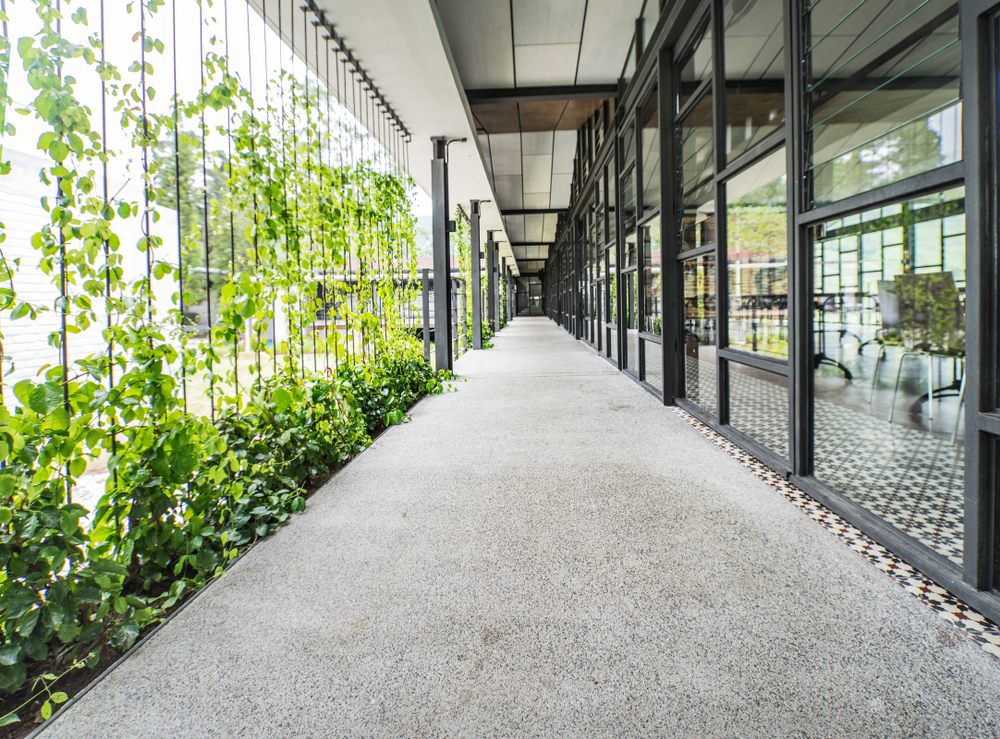
Environmental sustainability specialist, Greengage Solutions, has found that hotels and meeting venues are accelerating their sustainability efforts in response to customer demand. But even so hospitality is still lagging behind other industries, such as construction, when it comes to measuring their carbon footprint.
Greengage has analysed searches conducted on its ECOsmart database of hundreds of accredited venues and compared them to searches in 2022. It found significantly more searches for venues with a sustainability policy or plan. Increasingly bookers will not even shortlist venues without established sustainability policies or plans.
This demand is driving hotels and meeting venues to accelerate their sustainability efforts. These efforts now embrace many more areas including water consumption, waste (especially food), eliminating single-use plastic, greener guest rooms, meeting facilities, ethically sourced food and CSR.
Greengage has identified five key trends from analysing the searches made on its ECOsmart database:
- Energy monitoring – unsurprisingly given the big energy price increases in the past 18 months, over 80% of ECOsmart venues are actively monitoring their energy usage and devising plans to reduce usage wherever possible.
- Water usage – just like energy, venues are realising that water is an expensive commodity. And many more organisations are now looking at how they can reduce their water usage without affecting customer satisfaction.
- More EV chargers – with 17% of vehicles now being electric, there is a greater demand for EV chargers especially for large events.
- Greengage has seen a marked increase in enquiries for venues with 20 or more EV chargers. While it can take time to put in the infrastructure to facilitate onsite charging, venues can help bookers by providing details of charging points nearby. To mitigate the costs, venues are entering into partnerships with charger providers
- Social welfare – bookers are increasingly considering how well venues look after their staff and contribute to their local community. For example, many venues are reducing food waste by offering excess food to staff to take home or donating it to local good causes.
It’s heartening to note that over 50% of ECOsmart venues pay more than the minimum wage.
Customer involvement– gone are the days when the only way guests could contribute to sustainability was by not having their towels changed every day. Venues are now actively encouraging customers to participate in their sustainability efforts by, for example, choosing dishes made using healthy and locally sourced ingredients bringing their own water bottles to meetings and participating in schemes such as having a tree planted locally on their behalf when they choose not to have their room cleaned
Venues are also making greater efforts to communicate with customers about changes brought about by their desire to be more sustainable. So hotels are explaining why single use toiletries are being phased out while others, that continue to use them, are showing how the toiletries are recycled through organisations such as the Clean World Foundation.
Greengage has noticed that where buildings, due to their construction or heritage, are not easy to transform into ‘green’, the venues are working even harder to show their green credentials in other areas such as reducing plastic usage, using local suppliers and generally making a positive contribution to the local community.
Andrew Perolls, CEO of Greengage, comments: “Our research reveals that sustainability is now a top priority for hotel and venue bookers. Our partners report that many bookers won’t even consider a venue if it can’t show that sustainability is at the heart of its operations.
“Our ECOsmart accreditation provides an easy route for booker to identify sustainable venues and benchmark them knowing that they have all been assessed against the same criteria.
”We’re also pleased to see that venues see sustainability as a journey. In the past year we’ve see 30% of ECOsmart properties move up the scale as they continue on their sustainability journey.”


Comments are closed.